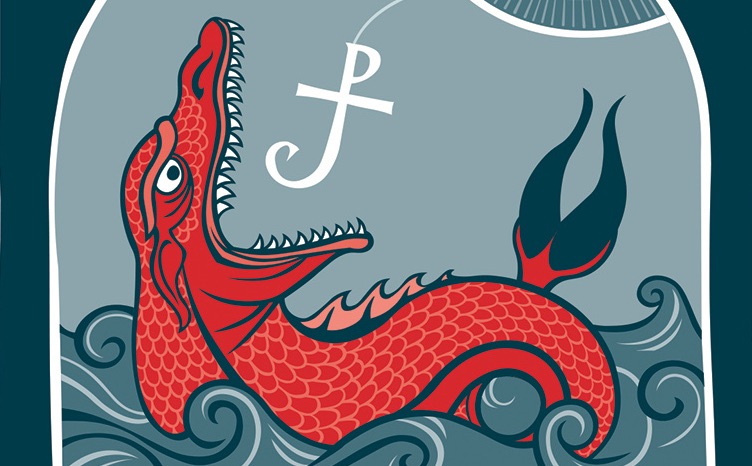
Exitus and Reditus: Creation as Journey
- Nikolas Greene
- Jan 20, 2024
- 3 min read
One of the descriptions of man quite popular among the medieval scholastic theologians is Homo Viator--Man the Traveler. Its popularity can be attributed to the Christianized platonic idea of Exitus et Reditus--Departure and return; the view that all of creation flows from God and is ultimately called back to union with God. This idea has roots in the patristic age and is particularly explicit in Saint Maximus the Confessor. It is a view of creation usually forgotten in modern Christian circles today, as creation is often viewed as something that God has already accomplished in the past. This is more of Deistic view of creation than a traditionally Christian one. For the God of Christianity is not a watchmaker who creates then distances Himself and has no further causal relation to His creation, but is one who creates and is continually conserving all of creation in Himself. Saint Luke, operating out of this metaphysics, says "In Him we live, move, and have our being." To be is to be an image, an image of the Love who has called all things to be, and who ultimately calls all things to reach their fulfillment by uniting them to Himself.
Exitus
Creation is in an intermediate state; a state following the nothingness from which it was called, yet before the consummation of all things at the Eschaton. As such, it is in a state of exitus. This part of the journey is its departure, its being called forth and its journeying. This is the sad part of the journey, creation's current valley of tears. Man and the universe which he inhabits are fallen realities; dim mirrors of divine beauty which yearn to be reunited to the God who has called them forth from non-being. The entire cosmological vision of the New Testament cannot be truly understood until one sees this. Romans 8:19-23 paints the picture:
For the creation waits with eager longing for the revealing of the children of God, for the creation was subjected to futility, not of its own will, but by the will of the one who subjected it, in hope that the creation itself will be set free from its enslavement to decay and will obtain the freedom of the glory of the children of God. We know that the whole creation has been groaning together as it suffers together the pains of labor, and not only the creation, but we ourselves, who have the first fruits of the Spirit, groan inwardly while we wait for adoption, the redemption of our bodies.
Saint Paul's vision is one of hope, for though God allows the current state of affairs to exist, in His Providential governing of all things He ensures that it cannot destroy His image and ultimate plan for return. Our experience of the world confirms this, for we are surrounded by goodness, beauty, and love, but also by suffering, longing, and death. Things are not as they should be, and we recognize that. Yet, like Paul, we also know that this enslavement will cease. This part of the journey may lead us on paths unknown and unwanted, but not on paths so far that we cannot find our way back. Creation's subjection to the prince of this world will at some point end, its chains are only temporary.
Reditus
This is the realization of our hope; creation's return to unification with God. As the homo viator, man in a particular way makes his return. Christ, being the firstfruit of the redeemed creation has shown us the surest path of this return, the path laden with grace. Though the path be narrow, it is a straight path to reunion. It is the path we are called to, and a path where we will have constant assistance. For, no man is an island, especially not the Christian. He has the help of Christ through His Church and the help of those whom God has put into his life, for are all fellow sojourners. Christ is not only the forerunner for us, but for the whole creation, whose chains He will loosen, whose fetters He will break, whose subjugation He will end, and whose labor pains He will turn into dancing. Then, Christ will return to transform reality back to its intended glory and God will be all in all. With this truth in mind, let us hasten on our journey, confident that He who calls is also He who sustains. Let us keep walking and not stop amidst the troubles of the journey, for at the end of the road we shall see Christ as He truly is and we will fulfill the psalmists cry for return; All flesh to Thee shall come.





Comments